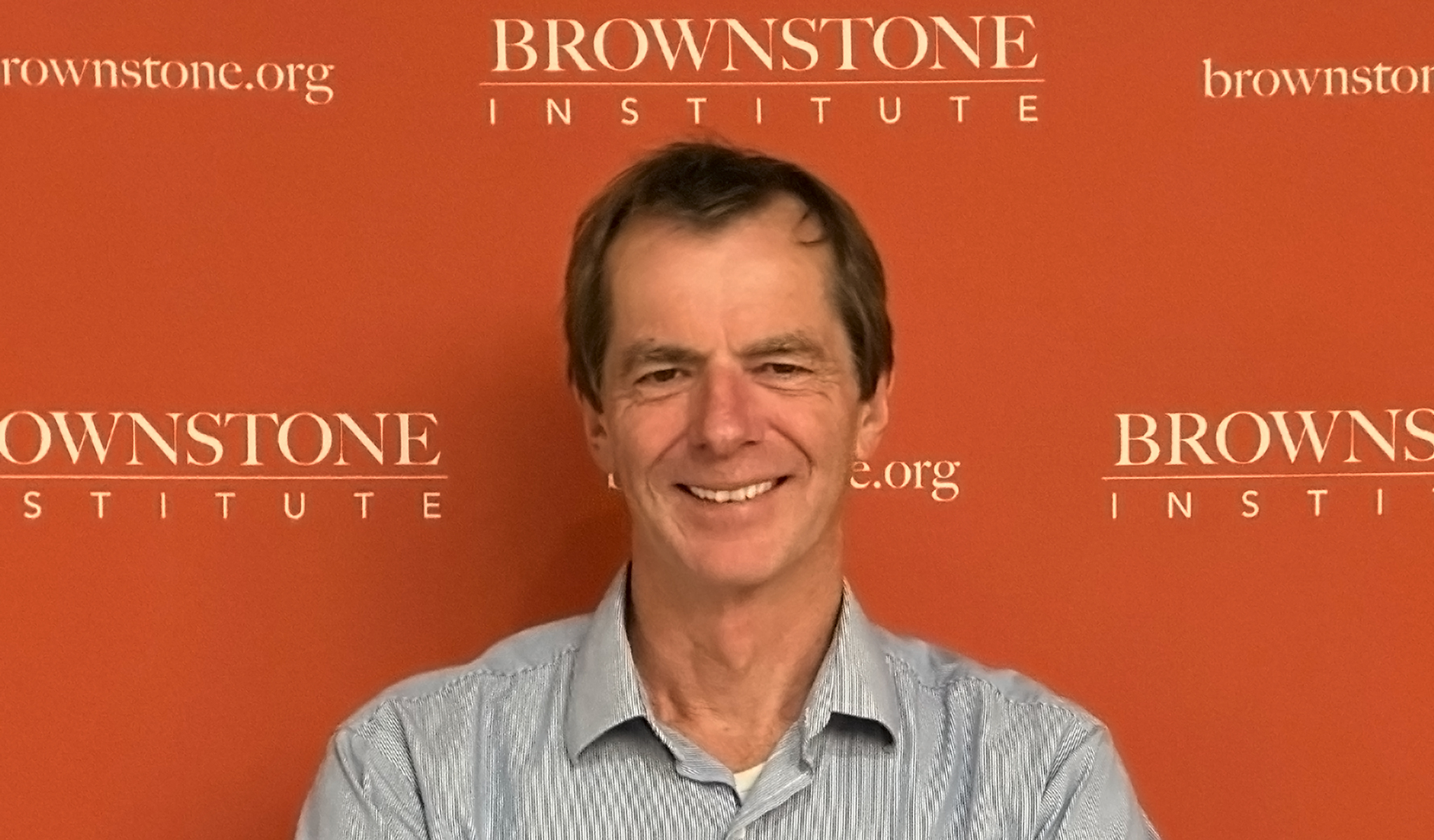COVID-19 has laid bare the impact of creeping “privatization” in international public health, or ‘global health’ to lend a more progressive air. As wealthy entrepreneurs re-invigorated interest and hope, they also brought vertical control and commoditization.
A cadre of young disciples, captured institutions and eponymous foundations have ridden this wave to countries whose impoverishment makes such largesse difficult to refuse. As corporate think-tanks and big Pharma take center stage over the ruins of Alma Ata, it is time to reconsider the blurred lines between power and “altruism.” The peoples of Africa and Asia have seen this before.
___
The soft pillow enveloped the side of her face and held gently, as only a tired head can be held. And she thought, or she dreamt, or both, of the world that had been, of all that had passed, and of all the good they had wrought.
The world had been dark with ignorance. Scant rays of light amidst a chaos of malnutrition, poverty and death. Brown children dying in pools of brown water. Ignorant people stumbling in the darkness, dulled and slow. An outbreak of famine would periodically prick the consciousness, and conscience, of the rock stars and the wealthy, but the ignorance of the masses prevailed. And the slow fools stumbling in their “public health,” stymied by backward thinking. Ignorant of the riches these lands could produce – defeated by the ethnic strife, the coups, the epidemics of malaria and plagues of infant death. A Saviour was needed, Saviours, seers of all.
Maps and charts and clever men at the dinner table. Brilliance had begat technology and technology begat wealth, and wealth begat more brilliance and power and knowledge, and adulation, and the followers and even politicians from the television who were important but not really, and they would always agree. And the world saw it, and saw that the Philanthropist was good, and wanted more.
And new health schools for the young clever things of the wealthy, and the scientists and the writers who would all do what they were paid to do, and the important people at the ski resort who saw that it was good, and became very pleased. They all wanted to be part of the story of taking the brown babies from the brown water. And all the other good things that were needed by the clever people could then be taken from the children and the pools of water, and they would be grateful as they had been to the Queens and the Kings who did this long ago. And order could be restored. And perhaps the Philanthropist and the people at the ski resort were kings too.
And almost like magic, except magic does not exist in the Philanthropist’s daughters world, the nice men said one day that the “useful plague” had come and all the saving could finally happen – but not from the brown water now because, as the Philanthropist had explained once at dinner, the world didn’t need to see that anymore. And this time only a few people would manage the saving, as the world has not enough room for fast and slow people, explained the nice man from the ski resort. And slow people can be put in boxes until they understood, the nice man said. It had always been that way.
And when the plague was not very bad, he explained, it would be alright, because they would still want to be saved if they were told to be. And all the people on the television were helping, so that was good. And they had laughed so much at the table after that, the Philanthropist and the nice man, that the Philanthropist’s daughter had almost forgotten that they were there to save everyone. Even now, on the pillow, she felt a bit unsure.
They had been good times. The philanthropist had said it really was a very good pandemic, and the man from the ski resort agreed. He used to say the world was like a deer caught in their headlights. He was funny when he laughed.
And, as sometimes happens in dreams, the Philanthropist’s daughter found herself aware that she may no longer be asleep, but still in the residue of her dream, not wanting to leave. But not awake either. And not wanting to wake.
She could not recall where her dream would lead – or did she not want to know? In the warm mists of her mind her dream was fading, but she felt that on losing it, an emptiness, from somewhere, would engulf her.
Deep down, the Philanthropist’s daughter felt a rising panic, and feared it could echo in the emptiness. Not knowing if she had been emptied, or the Philanthropist, or everyone else.
Of all tyrannies, a tyranny sincerely exercised for the good of its victims may be the most oppressive. It would be better to live under robber barons than under omnipotent moral busybodies. ~ CS Lewis (God in the Dock: Essays on Theology)
Join the conversation:


Published under a Creative Commons Attribution 4.0 International License
For reprints, please set the canonical link back to the original Brownstone Institute Article and Author.









